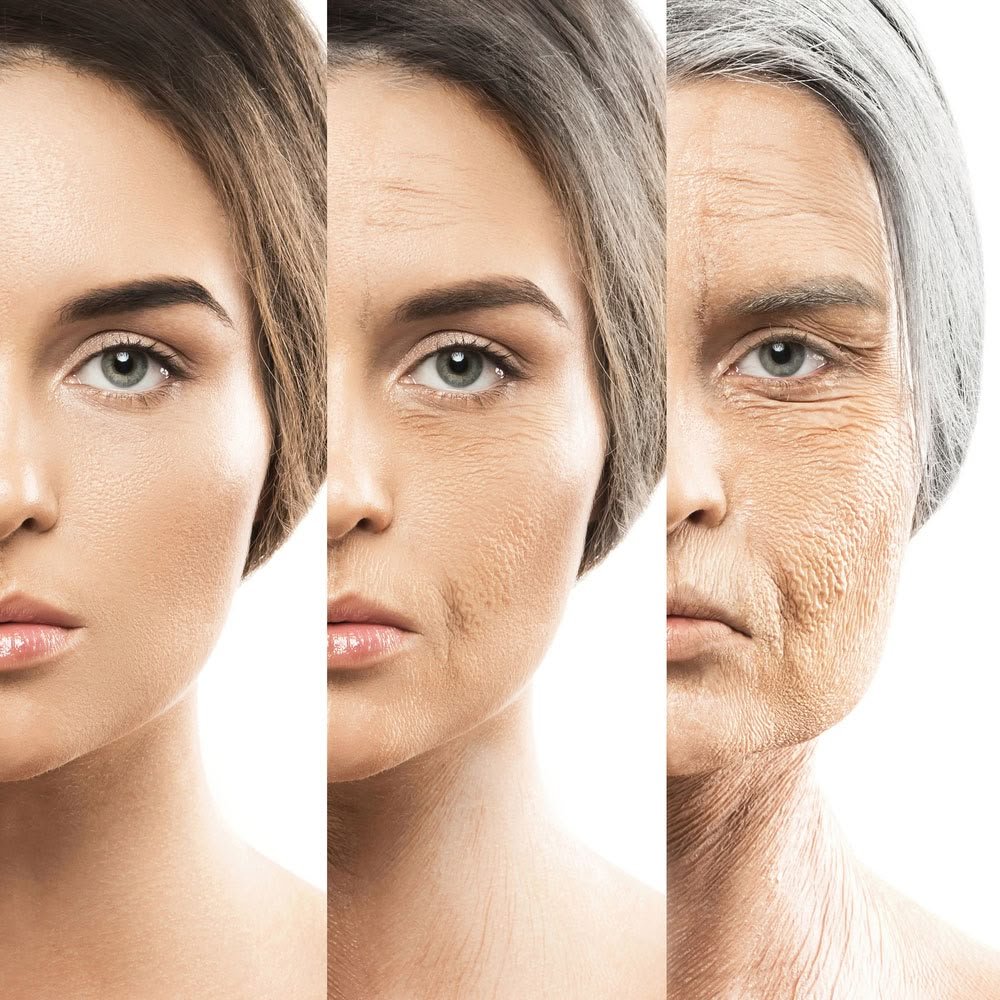The Ultimate Anti-Aging Guide 2025 (Vitamins, Diet & More)
In our quest for maintaining youth and vitality, understanding the role of vitamins in the aging process has become increasingly important. This comprehensive guide will explore the essential vitamins that can help combat aging, their benefits, and how to incorporate them effectively into your daily routine.
Understanding the Aging Process and Oxidative Stress
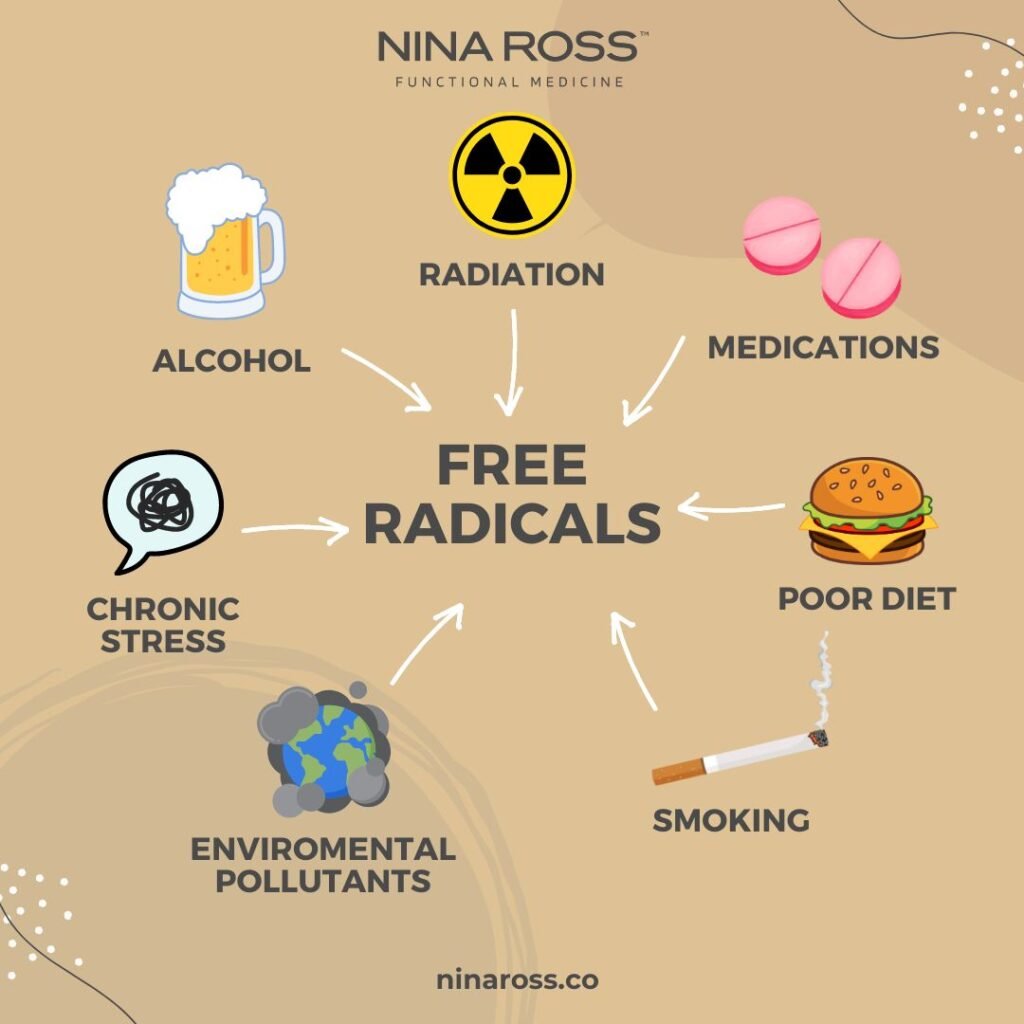
How antioxidants protect cells from free radical damage. The aging process is a complex biological phenomenon characterized by the gradual decline in physiological functions and increased susceptibility to diseases. At its core, aging is significantly influenced by free radicals and oxidative stress, which can cause cellular damage and accelerate the aging process. Free radicals are highly reactive molecules that, when left unchecked, can damage our cells’ components, including proteins, lipids, and DNA. This damage accumulates over time, contributing to visible signs of aging and various age-related conditions.
Essential Anti-Aging Vitamins
Vitamin C: The Collagen Builder
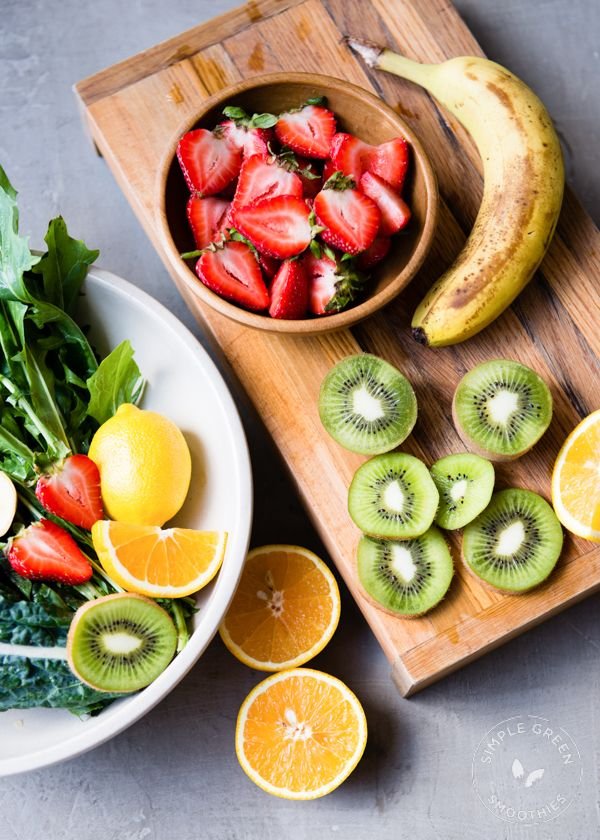
Vitamin C stands out as a powerful antioxidant that plays a crucial role in skin health and collagen production. As a water-soluble vitamin, it helps:
- Protect against oxidative damage
- Support collagen production for skin elasticity
- Reduce the appearance of fine lines and wrinkles
- Combat dark spots and sun damage
Natural Sources: Find vitamin C in citrus fruits, strawberries, kiwis, and broccoli.
Vitamin E: The Skin Protector
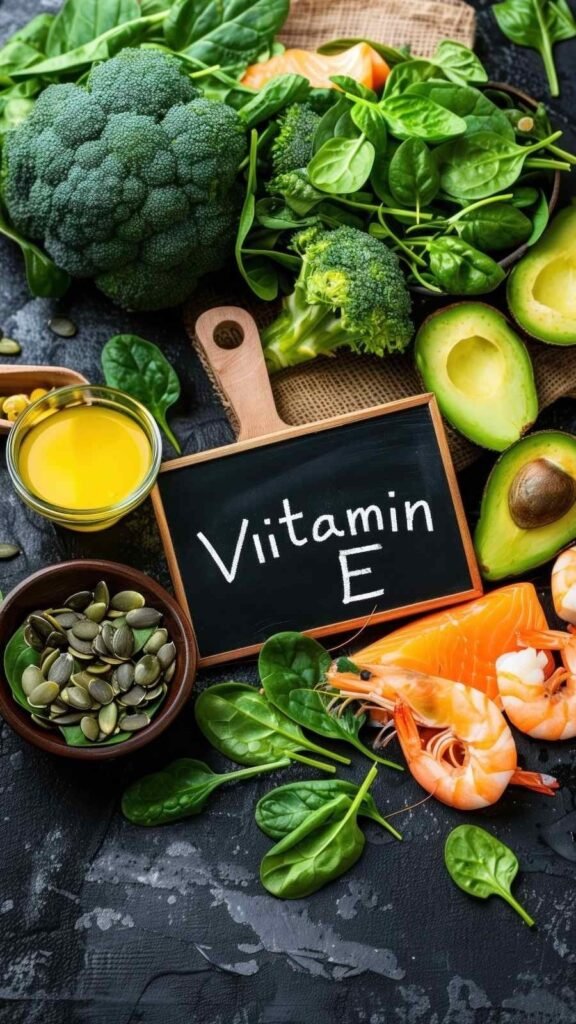
Vitamin E is a fat-soluble vitamin that works as an antioxidant to protect cell membranes from oxidative damage. Benefits include:
- Protection against photodamage
- Improved skin texture
- Enhanced skin hydration
- Reduced appearance of wrinkles
Natural Sources: Wheat germ oil, sunflower seeds, almonds, and spinach are excellent sources of vitamin E.
Vitamin D: The Sunshine Vitamin
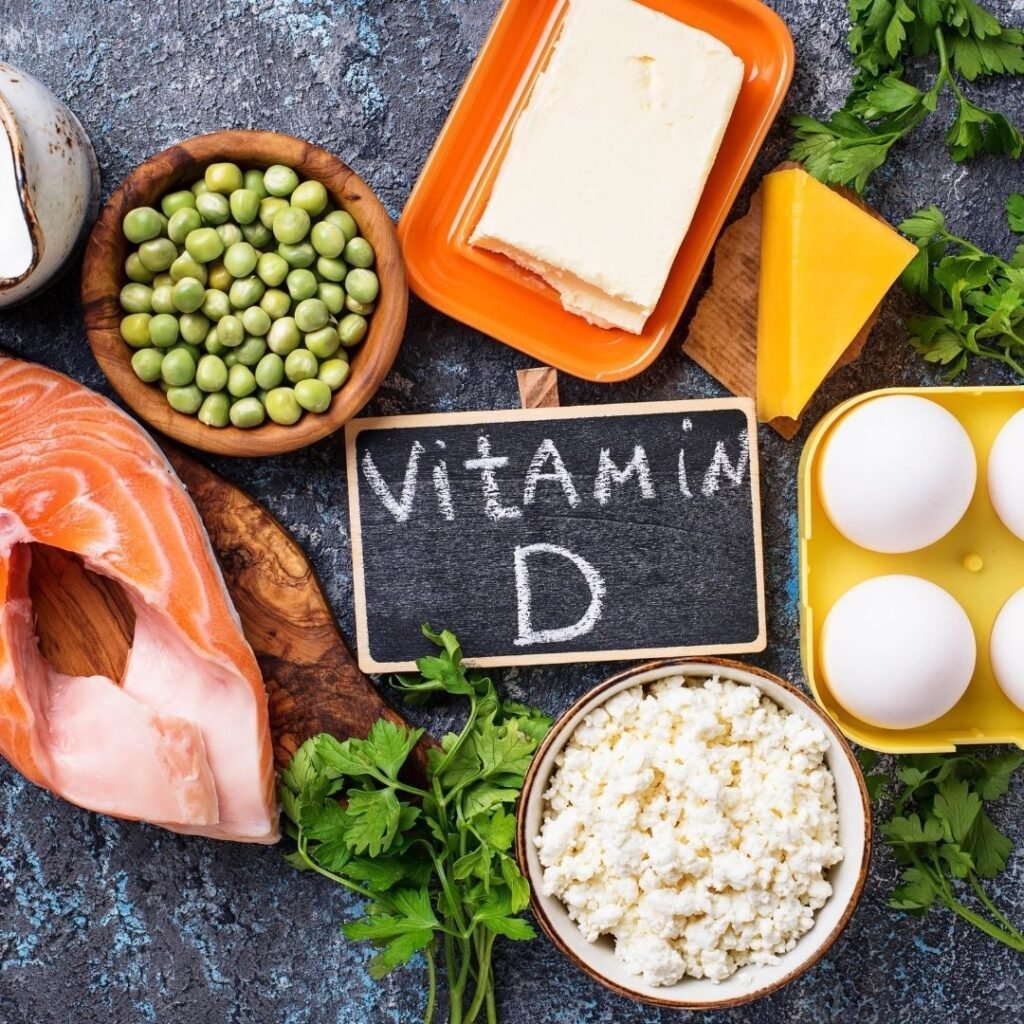
Vitamin D is crucial for bone health and immune function. Research shows that adequate vitamin D levels can help reduce the risk of age-related bone loss and support overall health . The recommended daily intake is:
- 600 IU (15 mcg) for adults up to 70 years
- 800 IU (20 mcg) for those over 70
B-Complex Vitamins: The Energy Enhancers
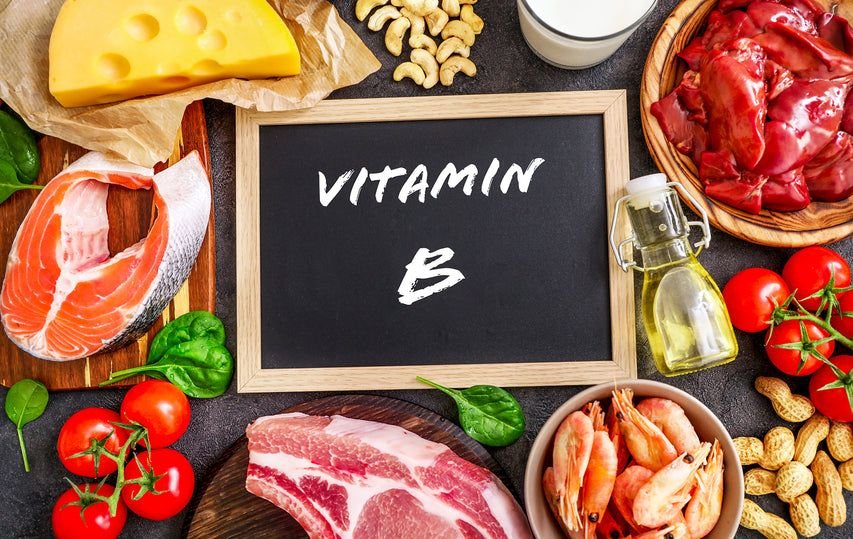
B vitamins play essential roles in:
- Energy production
- Brain function
- Cognitive health
- Cellular metabolism
- Natural sources include:
- Thiamine (B1): Whole grains, pork, legumes
- Riboflavin (B2): Eggs, organ meats, milk
- Niacin (B3): Meat, fish, wheat flour
- B12: Animal products, fortified cereals
Advanced Anti-Aging Compounds
Coenzyme Q10 (CoQ10)
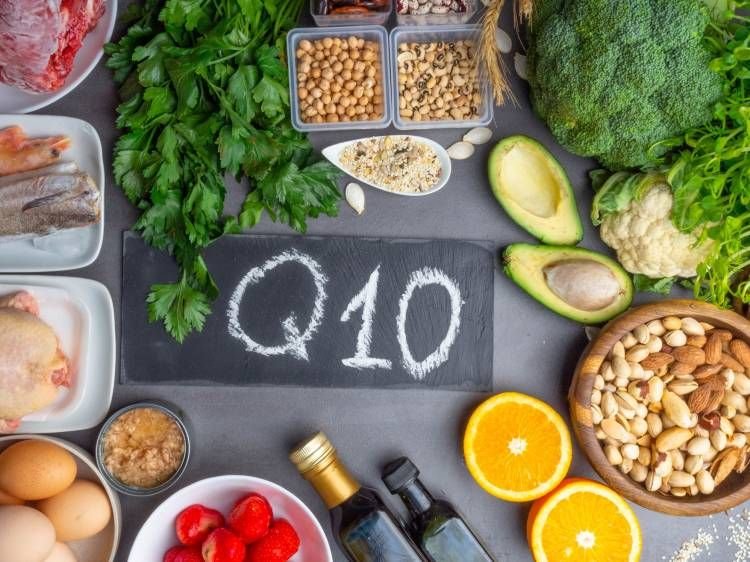
CoQ10 is a naturally occurring antioxidant that plays a crucial role in cellular energy production. Clinical evidence shows that CoQ10 can:
- Activate antioxidant mechanisms
- Inhibit inflammatory pathways
- Protect against cellular damage
- Support mitochondrial function
Nicotinamide Riboside (NR) and NMN
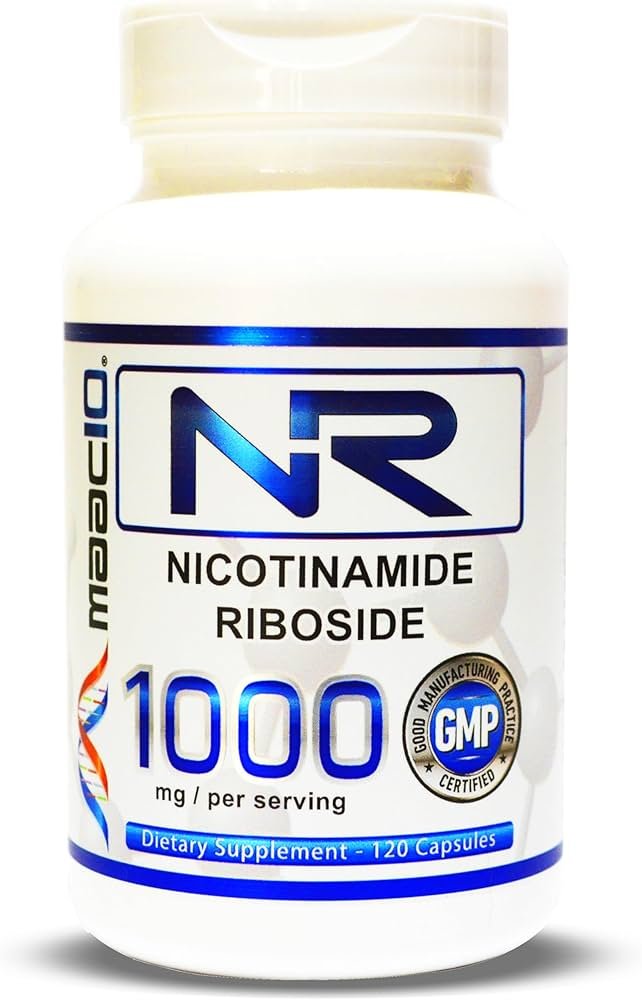
These compounds are precursors to NAD+, a crucial molecule for cellular health that declines with age. Research indicates they can:
- Enhance energy metabolism
- Improve insulin sensitivity
- Support cardiovascular health
- Boost cognitive function
Safety and Supplementation Guidelines
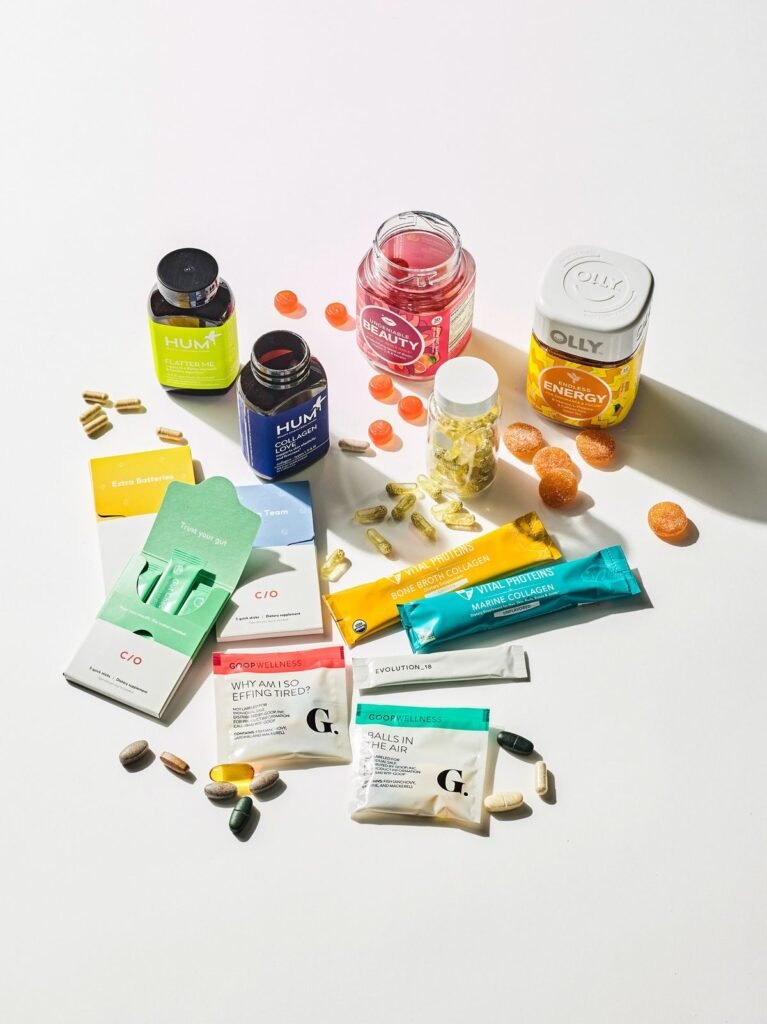
When considering anti-aging supplements, it’s crucial to understand potential risks and interactions:
- Drug Interactions: Many supplements can interact with prescription medications, potentially affecting their efficacy or causing adverse effects.
- Quality Assurance: Choose supplements from reputable manufacturers that adhere to good manufacturing practices.
- Professional Guidance: Always consult healthcare professionals before starting any supplement regimen, especially if you’re taking medications.
Lifestyle Factors for Healthy Aging

While vitamins and supplements play an important role, healthy aging requires a holistic approach:
1. Balanced Diet: Focus on obtaining nutrients through whole foods first
2. Regular Exercise: Maintain muscle mass and cardiovascular health
3. Sun Protection: Prevent photodamage and premature aging
4. Adequate Sleep: Support cellular repair and regeneration
5. Stress Management: Reduce oxidative stress and inflammation
The Ultimate Anti-Aging Diet: Science-Backed Strategies for Longevity

The quest for maintaining youth and vitality has led scientists and nutritionists to discover powerful connections between our diet and the aging process. Research shows that adopting specific dietary patterns can significantly impact how we age, potentially adding years to our life and life to our years.
The Science Behind Anti-Aging Diets

Recent studies have revealed remarkable statistics about the impact of diet on longevity. Following healthy eating patterns can reduce the risk of early death by 20% . Even more impressive, transitioning from a typical diet to an optimized one at age 60 can increase life expectancy by 8.0 years for women and 8.8 years for men . For those who start earlier, the benefits are even greater – making dietary changes at age 20 could increase life expectancy by 10.7 years for women and 13 years for men.
Want to have a glowing skin? Here’s diet for a glowing skin
Proven Anti-Aging Dietary Patterns
The Mediterranean Diet
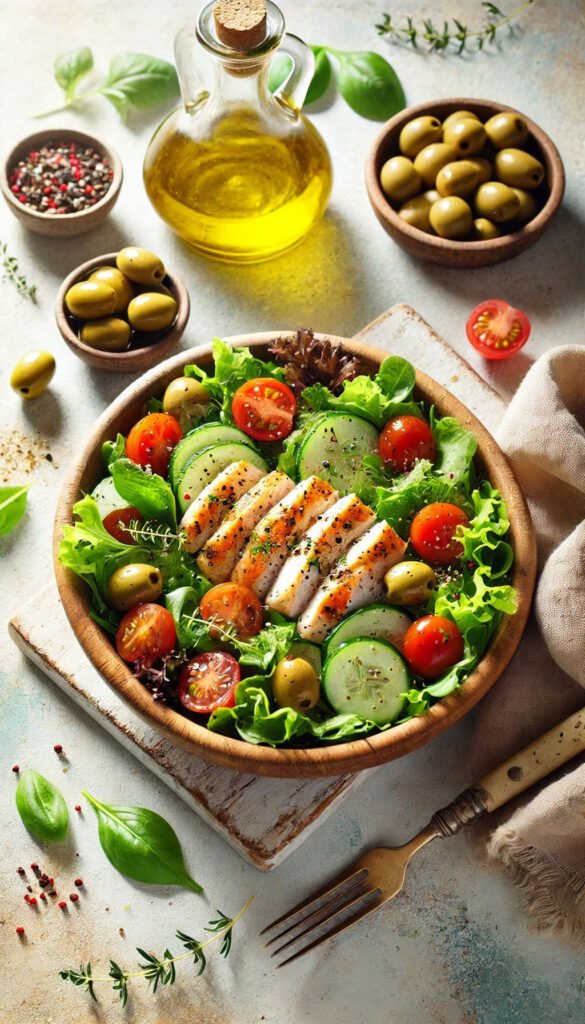
The Mediterranean diet stands as one of the most thoroughly researched dietary patterns for longevity . This eating style has been linked to:
- Reduced cardiovascular events
- Lower risk of cognitive disorders (11-30% reduction)
- Decreased chronic inflammation
- Better overall longevity
The MIND Diet

The MIND diet, combining elements of Mediterranean and DASH diets, specifically targets brain health . It emphasizes:
- Berries and green leafy vegetables
- Nuts and whole grains
- Limited red meat consumption
- Reduced intake of butter and sweets
Blue Zones Diet Principles

The diets of the world’s longest-lived populations, known as Blue Zones, share common characteristics :
- 95% plant-based foods
- Regular consumption of legumes
- Minimal meat intake (few times monthly)
- Emphasis on whole, unprocessed foods
Essential Anti-Aging Foods and Compounds
Antioxidant-Rich Foods
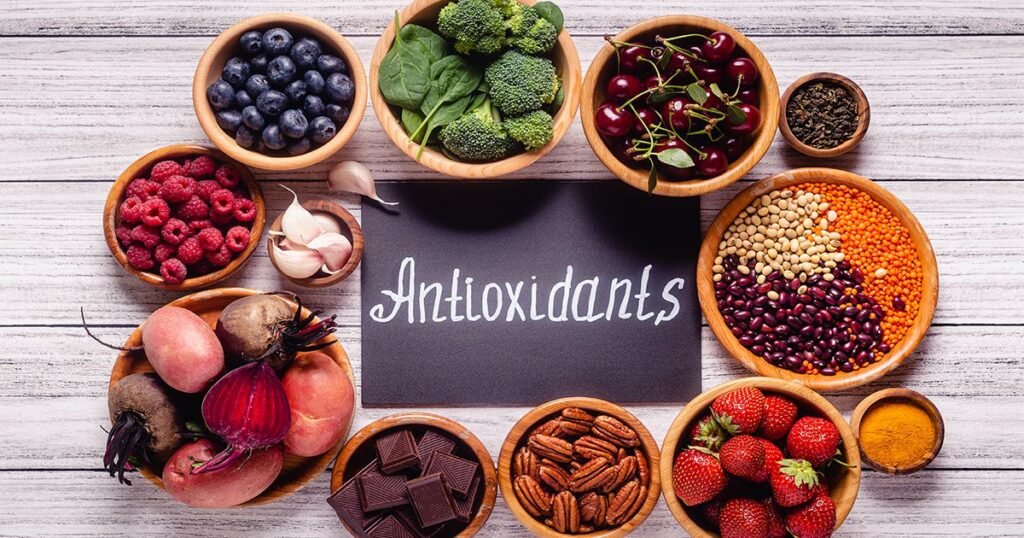
Antioxidants play a crucial role in combating oxidative stress and free radical damage . Key sources include:
- Berries (blueberries, strawberries)
- Dark leafy greens
- Nuts and seeds
- Green tea
Polyphenol-Rich Foods
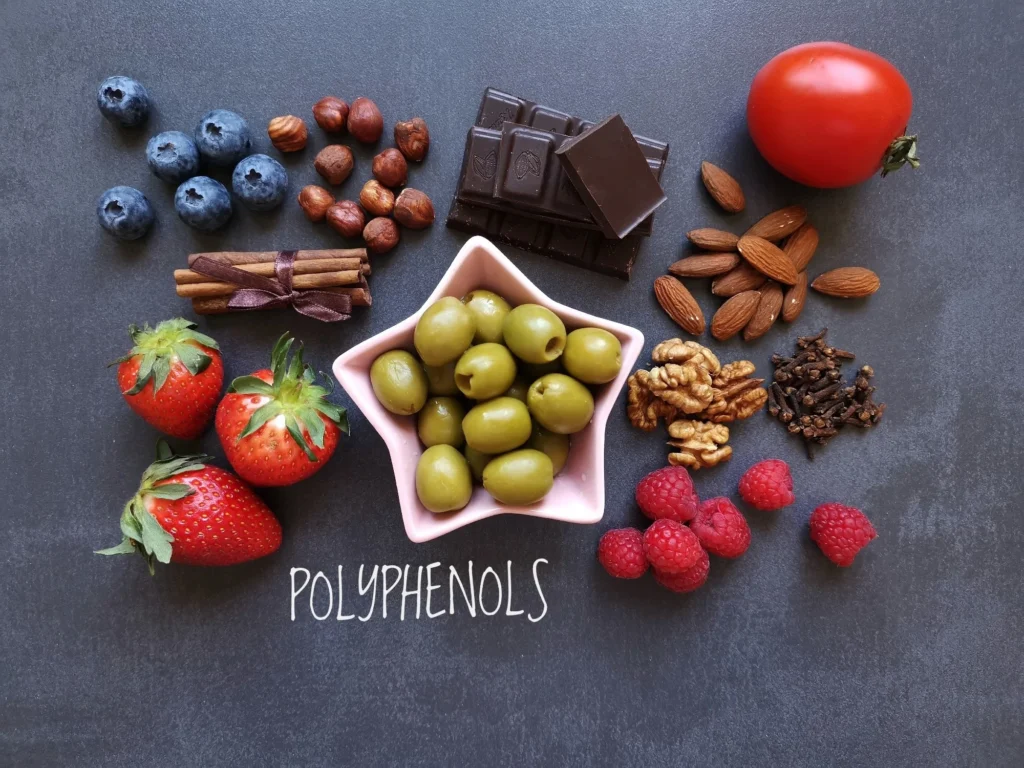
Polyphenols help protect against oxidative stress and inflammation. Find them in:
- Red grapes
- Olive oil
- Dark chocolate
- Berries
Omega-3 Fatty Acids
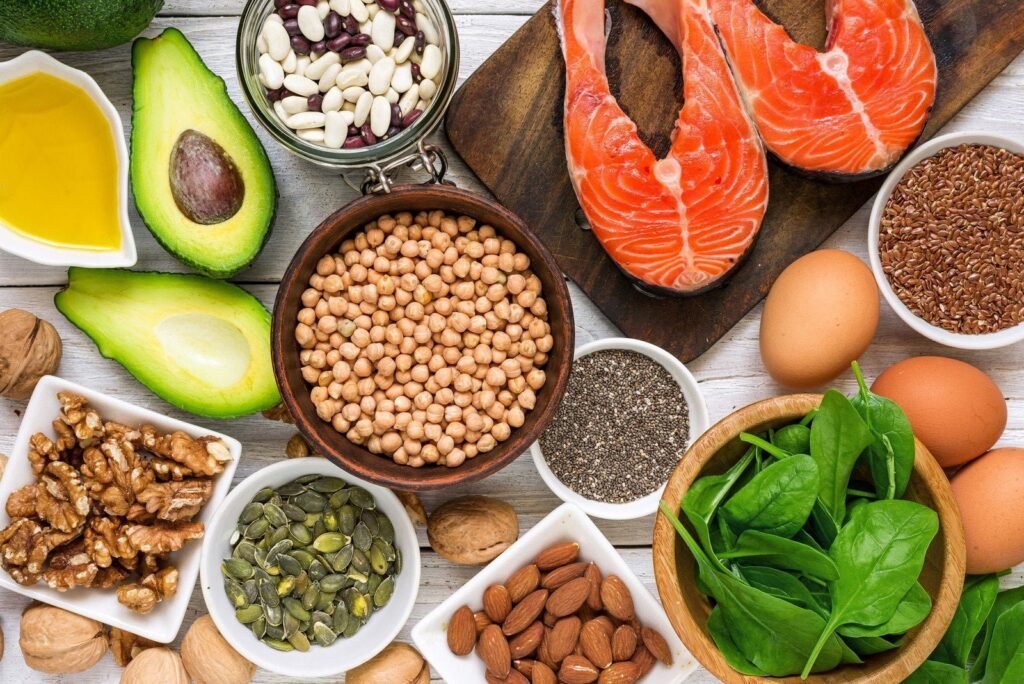
These essential fats support skin health and reduce inflammation . Best sources include:
- Fatty fish (salmon, mackerel, sardines)
- Flaxseeds
- Walnuts
- Chia seeds
Optimal Meal Timing and Portions
Research on chrononutrition suggests that when we eat is almost as important as what we eat . Consider these guidelines:
Portion Recommendations
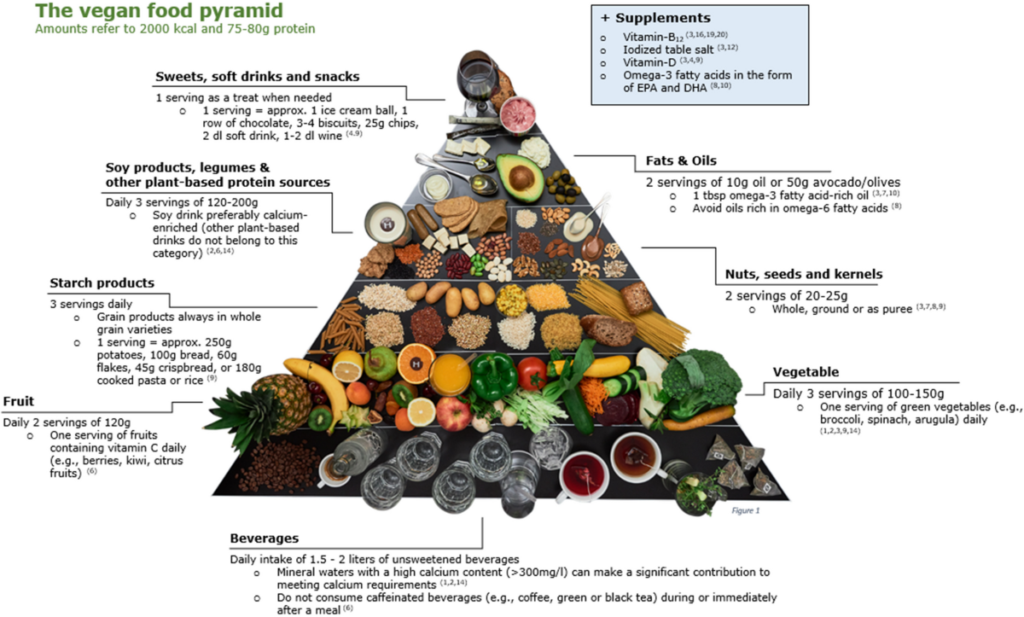
The Alternative Healthy Eating Index (AHEI) suggests daily portions :
- 5 servings of vegetables
- 4 servings of fruit
- 5-6 servings of whole grains
- 1 serving of nuts, legumes, and vegetable protein
Meal Timing Strategies
- Align meals with circadian rhythms
- Consider time-restricted feeding
- Space meals appropriately throughout the day
Lifestyle Factors That Enhance Anti-Aging Benefits
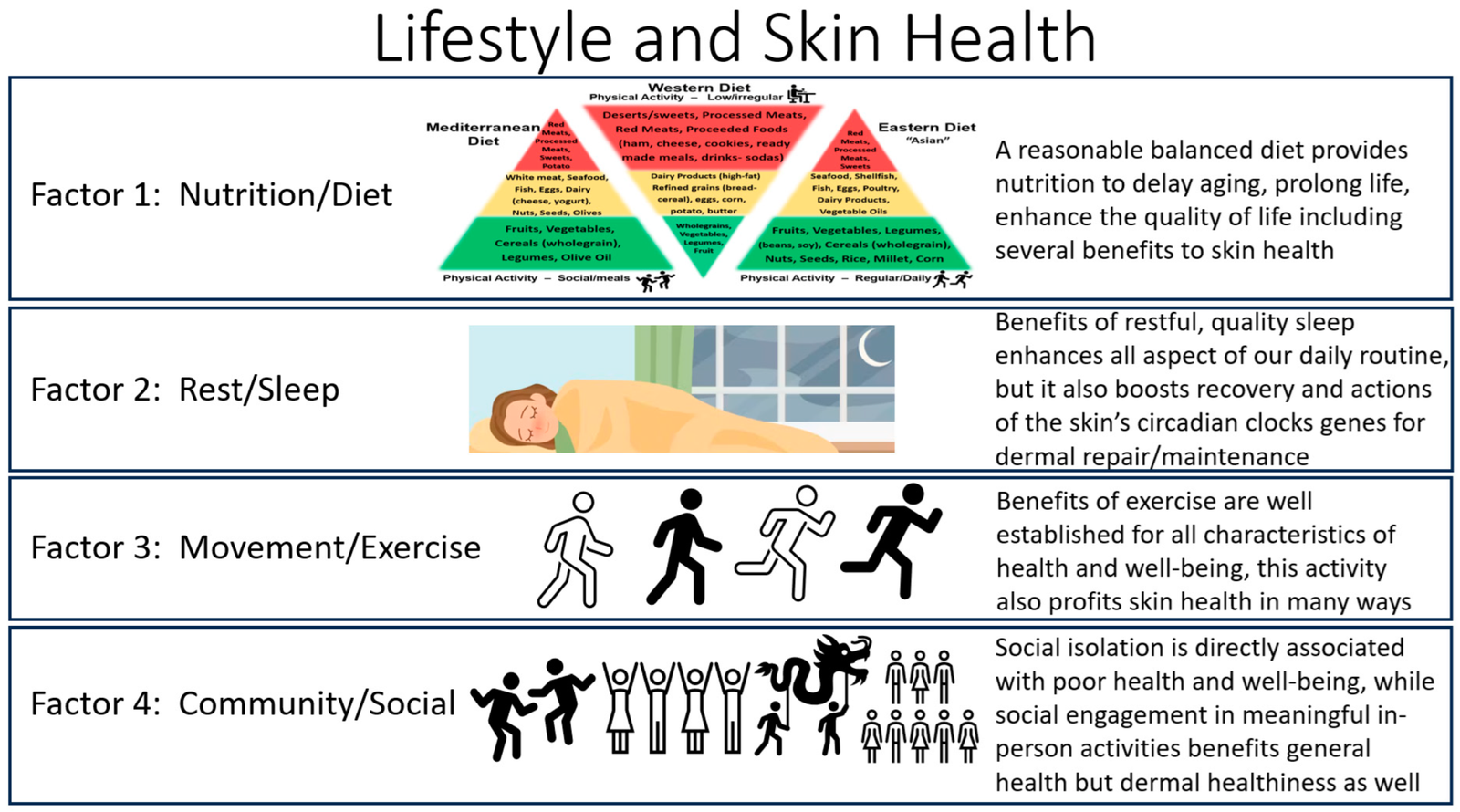
Diet alone isn’t enough – other factors play crucial roles in the anti-aging process:
- Regular Physical Activity: Men practicing four or five healthy habits at age 50 lived about 31 years free of chronic disease, compared to 24 years among those who practiced none .
- Social Connections: Blue Zones research emphasizes the importance of social eating and community connections for longevity .
- Stress Management: Chronic stress can accelerate aging, making stress reduction techniques important companions to dietary changes.
Practical Implementation Tips
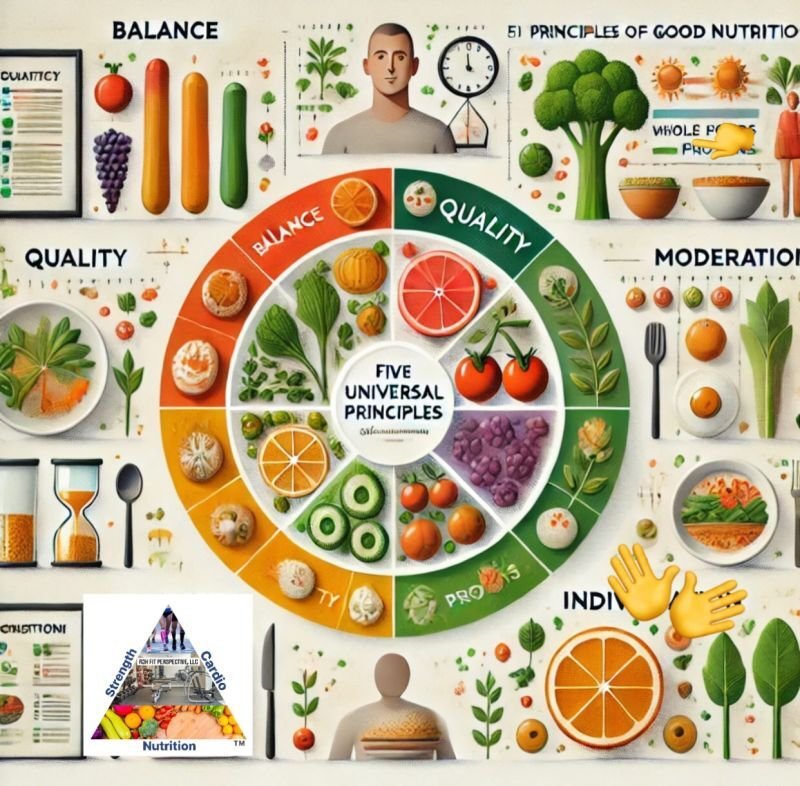
To adopt an anti-aging diet successfully:
1. Gradual Transition: Start by incorporating one or two changes weekly
2. Focus on Addition: Add healthy foods before removing less healthy ones
3. Meal Planning: Prepare meals in advance to ensure nutrient-dense choices
4. Mindful Eating: Pay attention to hunger cues and eating patterns
Potential Challenges and Solutions

Common challenges when adopting an anti-aging diet include:
1. Time Constraints: Prep meals in batch cooking sessions
2. Cost Concerns: Focus on seasonal produce and bulk purchasing
3. Family Preferences: Gradually introduce new foods and involve family in meal planning
4. Social Situations: Plan ahead and bring healthy options to gatherings
Get your vitamins with food : Optimal Daily Meal Plan for Anti-Aging Benefits

Creating a daily meal plan that supports anti-aging requires careful attention to both nutrient combinations and timing. Here’s a science-backed daily meal structure that maximizes anti-aging benefits while ensuring optimal nutrient absorption.
Breakfast (7:00-8:00 AM)
Power-Packed Morning Bowl
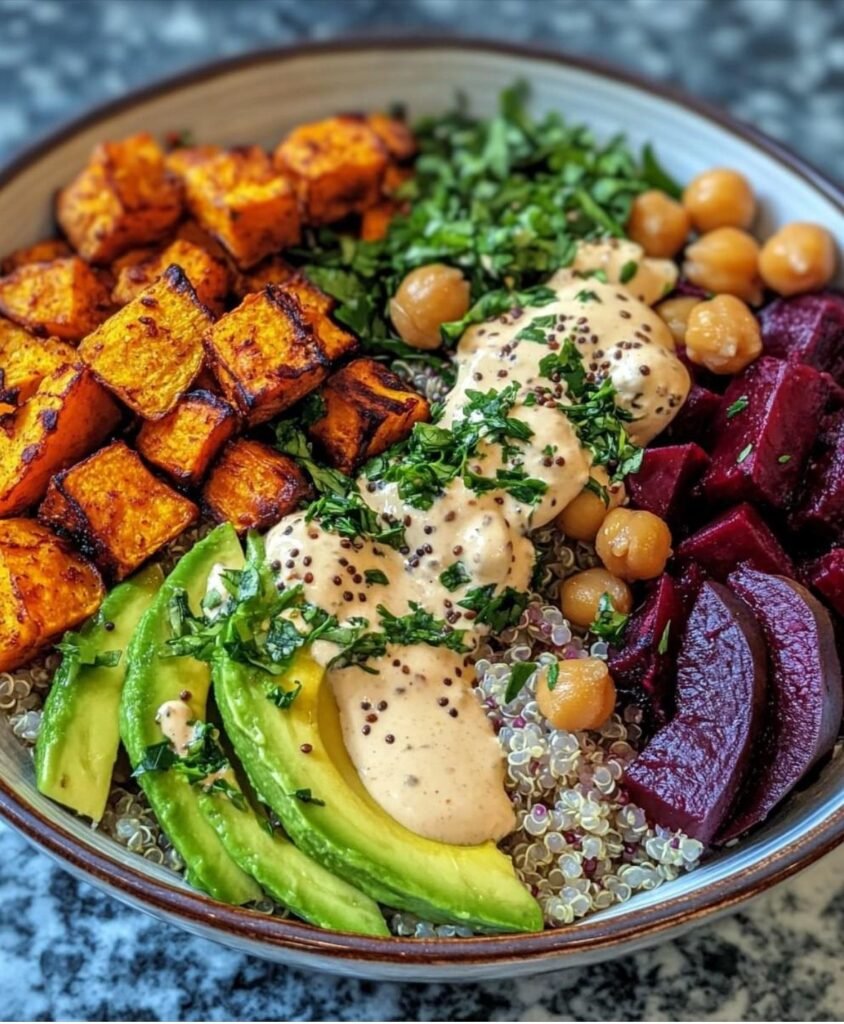
1/2 cup of steel-cut oats topped with 1 cup mixed berries (blueberries, strawberries, raspberries)
1 cup of Greek yogurt for probiotics
1 tablespoon of mixed seeds (chia, flax) for omega-3s
1 tablespoon of nuts (walnuts or almonds)
A sprinkle of cinnamon for blood sugar regulation
Why This Works: This combination provides antioxidants from berries, protein from yogurt, and essential fatty acids from nuts and seeds, supporting cognitive function and skin health early in the day .
Lunch (12:00-1:00 PM)
Anti-Aging Power Bowl
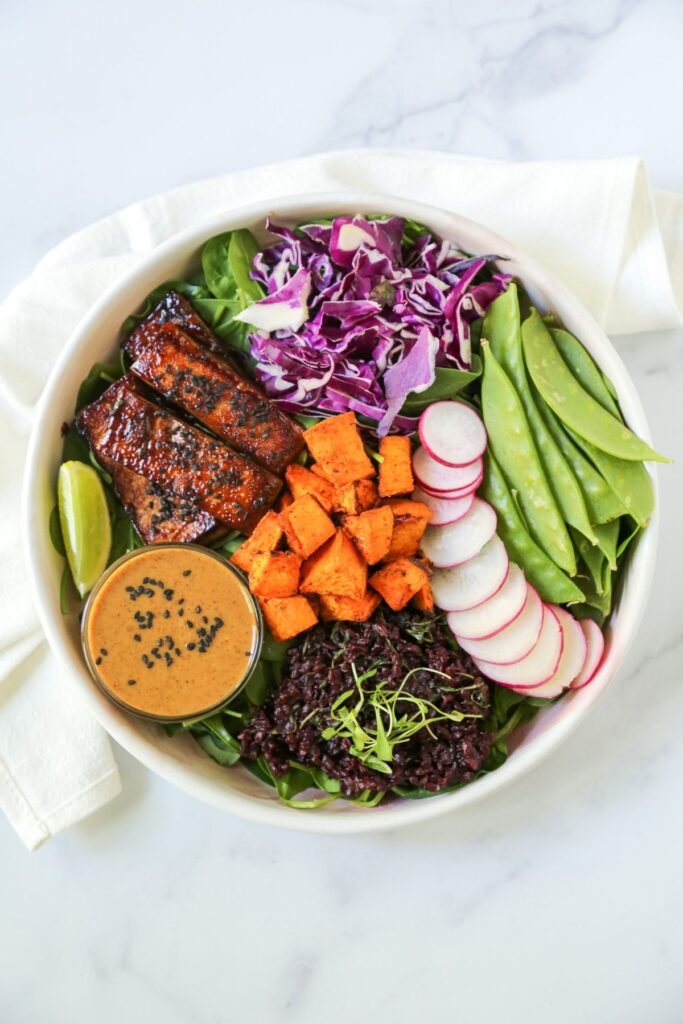
2 cups of mixed leafy greens (spinach, kale)
4 ounces of grilled salmon or other fatty fish
1/2 avocado
1 cup of colorful vegetables (bell peppers, carrots)
Olive oil and lemon dressing with turmeric and black pepper
Pro Tip: The combination of turmeric with black pepper increases curcumin absorption by 2000%, maximizing anti-inflammatory benefits .
Afternoon Snack (3:00-4:00 PM)
Nutrient-Dense Mini-Meal

1 small handful of mixed nuts
1-2 squares of dark chocolate (70% or higher cocoa content)
Green tea
Dinner (6:00-7:00 PM)
Mediterranean-Style Evening Plate
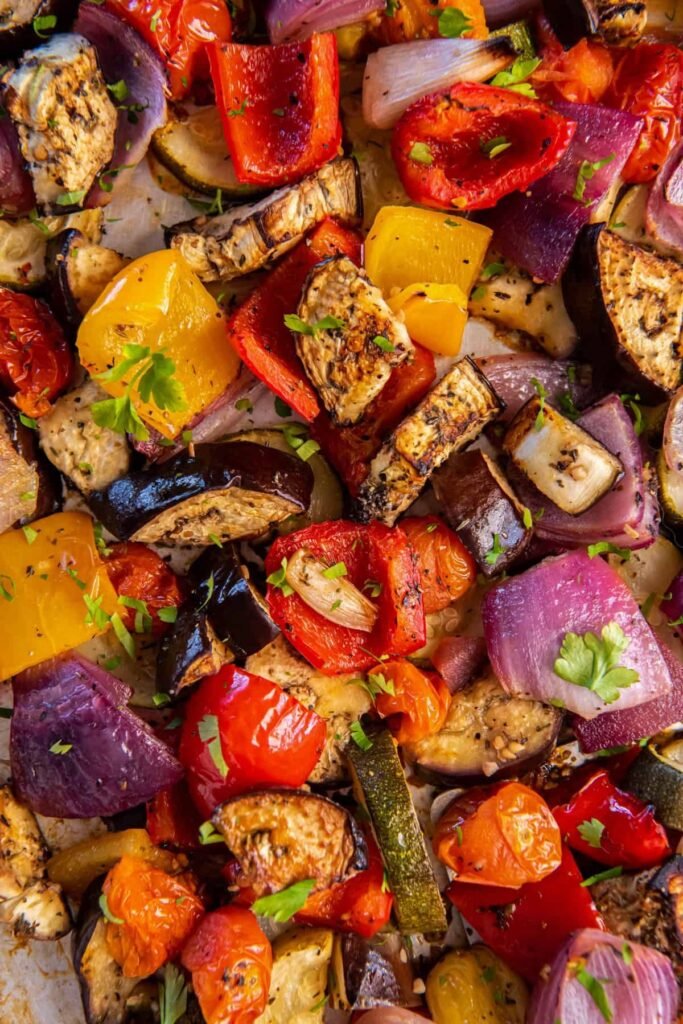
4 ounces of lean protein (chicken, fish, or legumes)
2 cups of roasted vegetables with olive oil
1 cup of quinoa or brown rice
Fresh herbs and spices
Side salad with tomatoes and olive oil dressing
Timing Tip: Eating dinner earlier aligns with circadian rhythms and allows for a longer overnight fasting period, which enhances autophagy and metabolic health .
Key Principles for Maximum Benefits
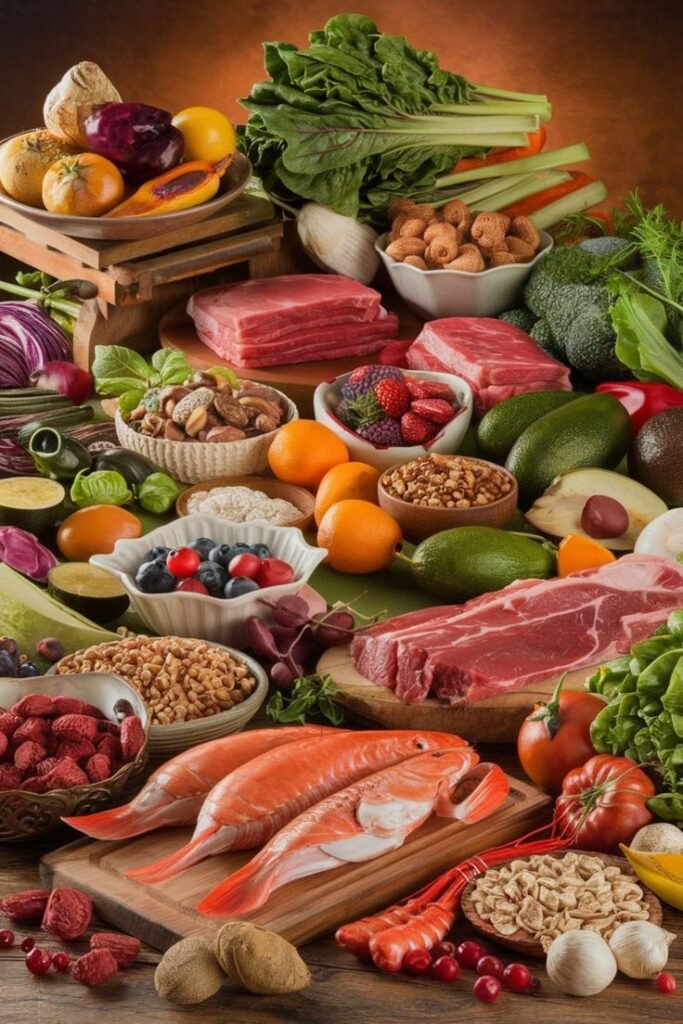
Nutrient Synergy
Combine vitamin C-rich foods with iron sources
Include healthy fats with fat-soluble vitamins
Pair turmeric with black pepper
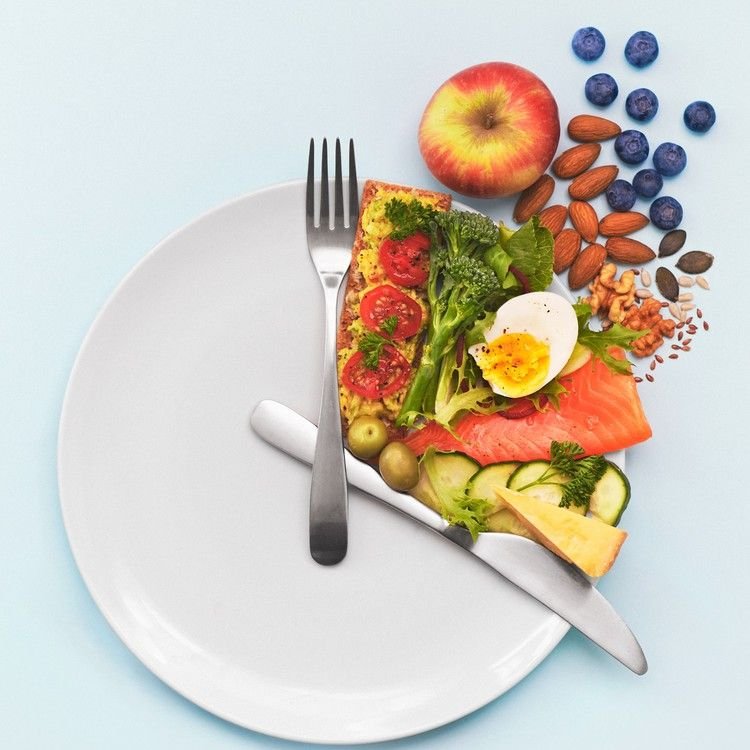
Timing Considerations
Maintain a 12-hour minimum fasting window overnight
Eat larger meals earlier in the day
Allow 3-4 hours between meals
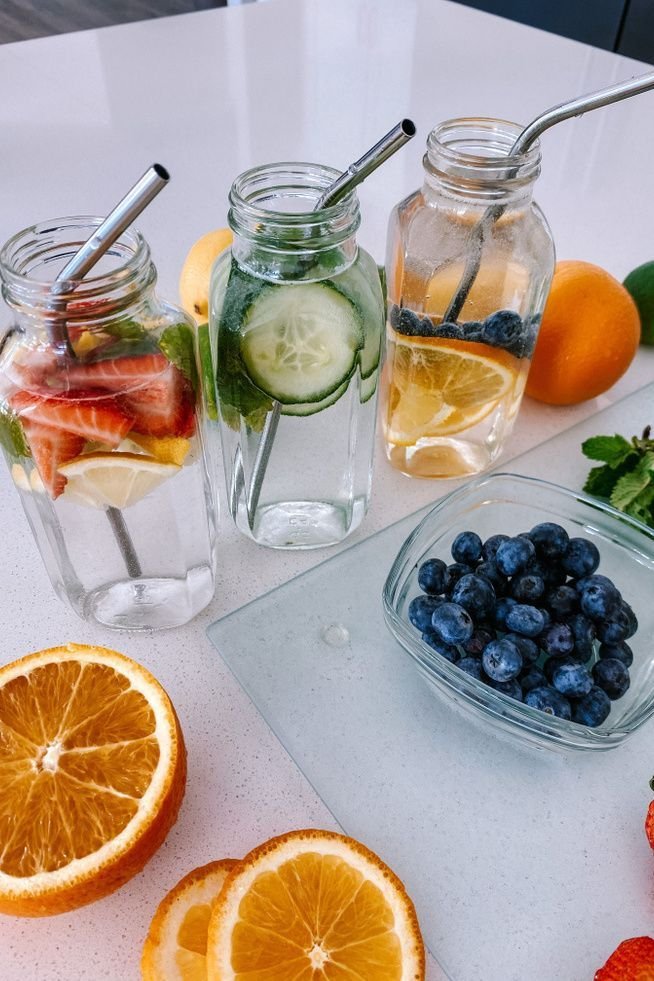
Hydration
Drink water throughout the day
Herbal teas between meals
Limit caffeine after 2 PM
Storage and Prep Tips
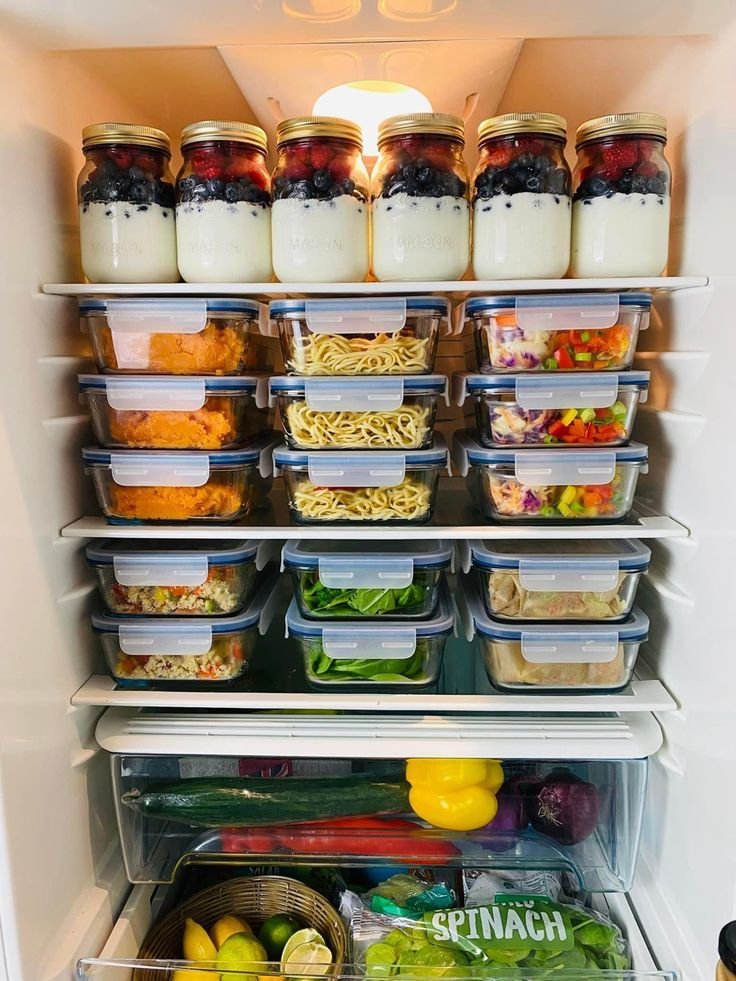
- Use airtight containers for meal prep
- Prepare vegetables in advance
- Store nuts and seeds in cool, dark places
- Keep berries refrigerated and wash just before use
- This meal plan provides a balanced approach to anti-aging nutrition while ensuring practical implementation. Remember to adjust portions based on individual needs and consult with healthcare professionals before making significant dietary changes.
Best Anti-Aging Beverages: A Science-Backed Guide

Scientific evidence increasingly supports the role of certain beverages in promoting healthy aging and reducing the risk of age-related diseases. Here’s a comprehensive overview of the most effective drinks and smoothies for anti-aging benefits.
Green Tea: The Anti-Aging Powerhouse
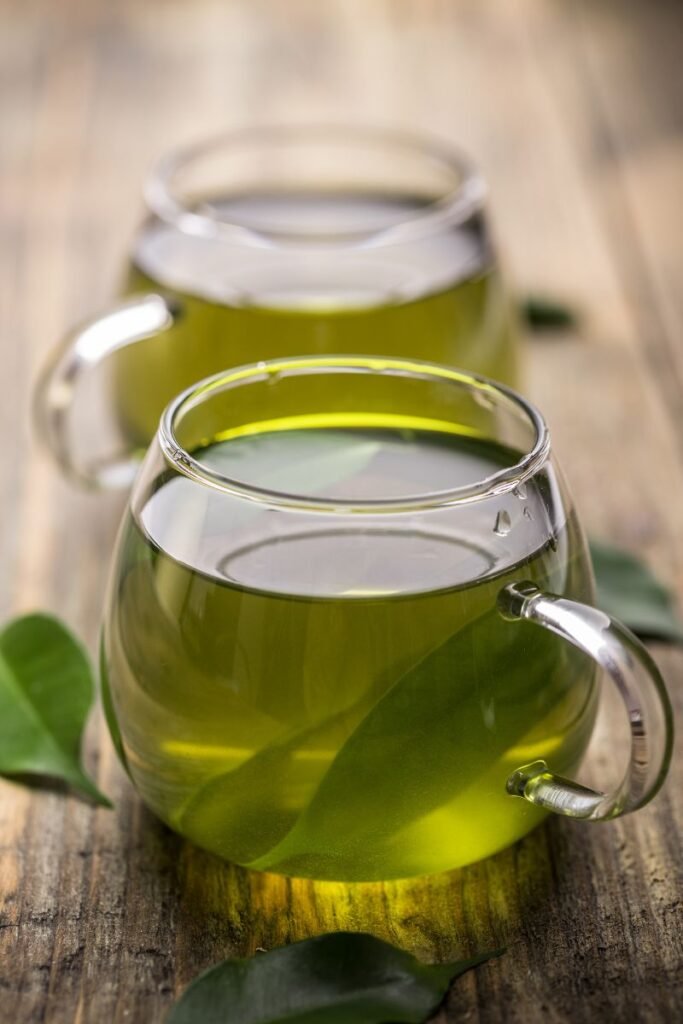
Green tea is rich in antioxidants that combat cellular senescence. Green tea extract has emerged as one of the best anti-aging supplements, supported by numerous clinical trials. Its benefits include:
- Protection against oxidative stress
- Enhanced cognitive function
- Support for cardiovascular health
- Improved cellular health
Anti-Aging Smoothie Combinations
Collagen-Boosting Berry Blend
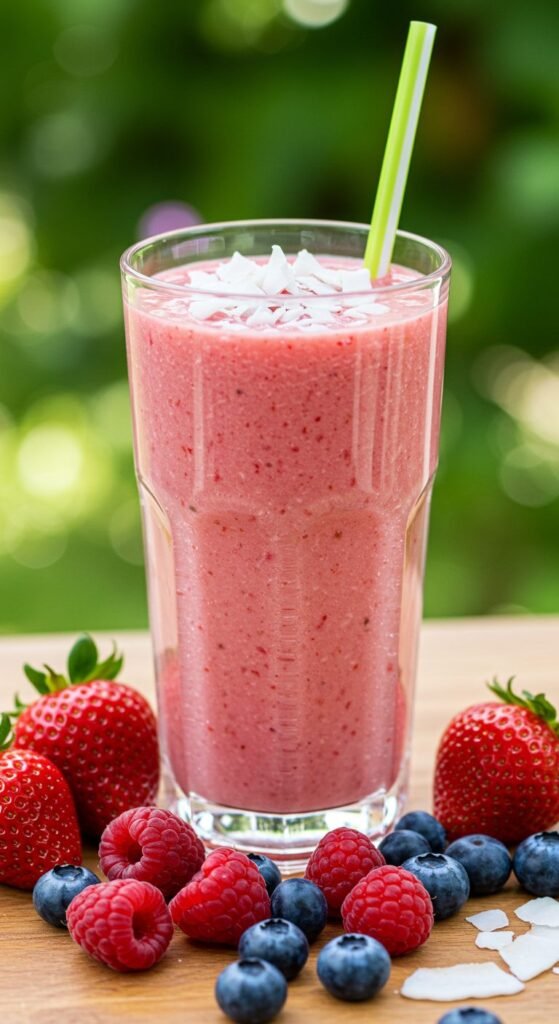
- Blueberries (rich in antioxidants)
- Spinach (source of vitamin K)
- Flaxseeds (for essential nutrients)
- Hydrolyzed collagen supplements
- Greek yogurt (amino acids)
This combination has shown significant improvements in skin parameters and collagen production in human studies.
Heart-Healthy Green Smoothie
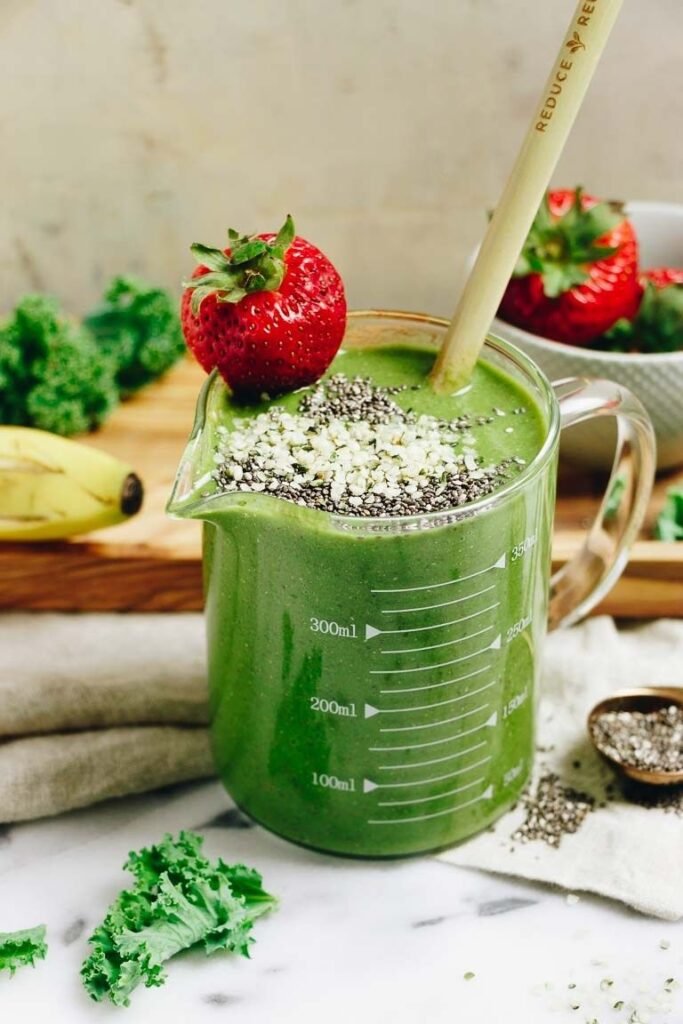
- Green tea extract
- Avocado (healthy fats)
- Leafy greens
- Chia seeds
- Apple (for fiber)
Red Wine: Moderation is Key

Research supports moderate red wine consumption for its potential benefits :
- Contains resveratrol
- Supports heart health
- May reduce risk of age-related diseases
- Promotes cellular health
NMN-Enhanced Beverages
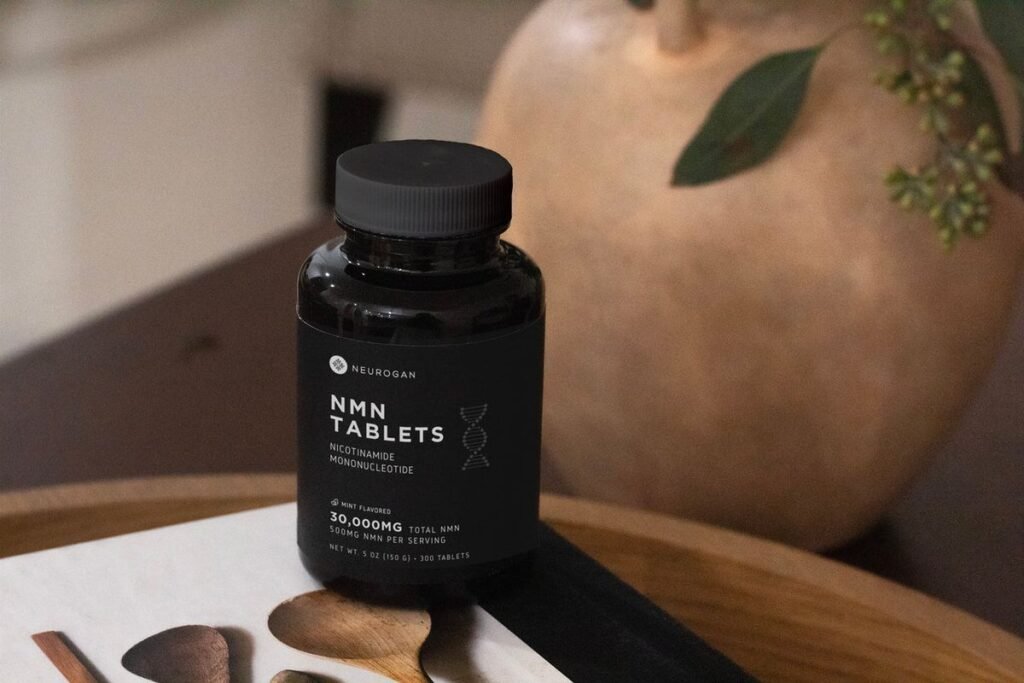
Nicotinamide mononucleotide (NMN) supplements in liquid form have shown promising results in clinical studies :
- Supports cellular level health
- Enhances energy production
- May improve cognitive function
- Helps combat age-related changes
Safety and Recommendations
Before incorporating these beverages into your healthy diet:
- Consult healthcare providers for medical advice
- Consider potential drug interactions
- Monitor responses to dietary supplements
- Make gradual lifestyle changes
Best Practices for Maximum Benefits

1. Timing: Consume antioxidant-rich beverages in the morning
2. Combinations: Pair with food sources of vitamin C
3. Consistency: Make these drinks part of your daily routine
4. Quality: Choose high-quality active ingredients
Remember that while these beverages can support a youthful appearance and healthy aging, they work best as part of a comprehensive approach that includes a healthy diet, regular exercise, and positive lifestyle choices.The best way to incorporate these anti-aging beverages is to start gradually and maintain consistency while monitoring their effects on your overall health and well-being.
Conclusion
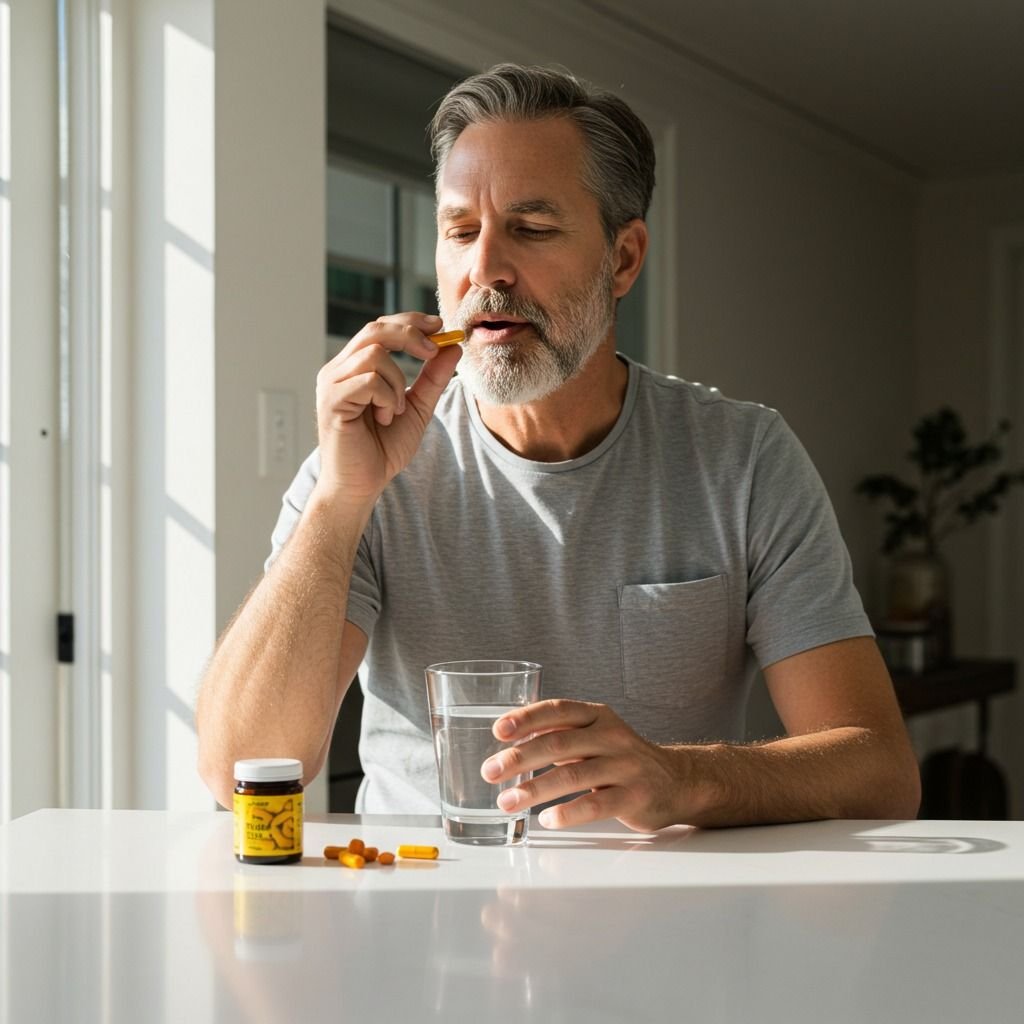
The science of anti-aging continues to evolve, with vitamins and specialized compounds playing crucial roles in maintaining youth and vitality. While supplementation can be beneficial, it’s essential to approach it as part of a comprehensive healthy lifestyle strategy.
Remember to consult with healthcare professionals before starting any new supplement regimen, especially if you have existing health conditions or take medications. By understanding and properly utilizing these essential vitamins and compounds, while maintaining a healthy lifestyle, you can support your body’s natural anti-aging processes and promote healthy aging from the inside out.

